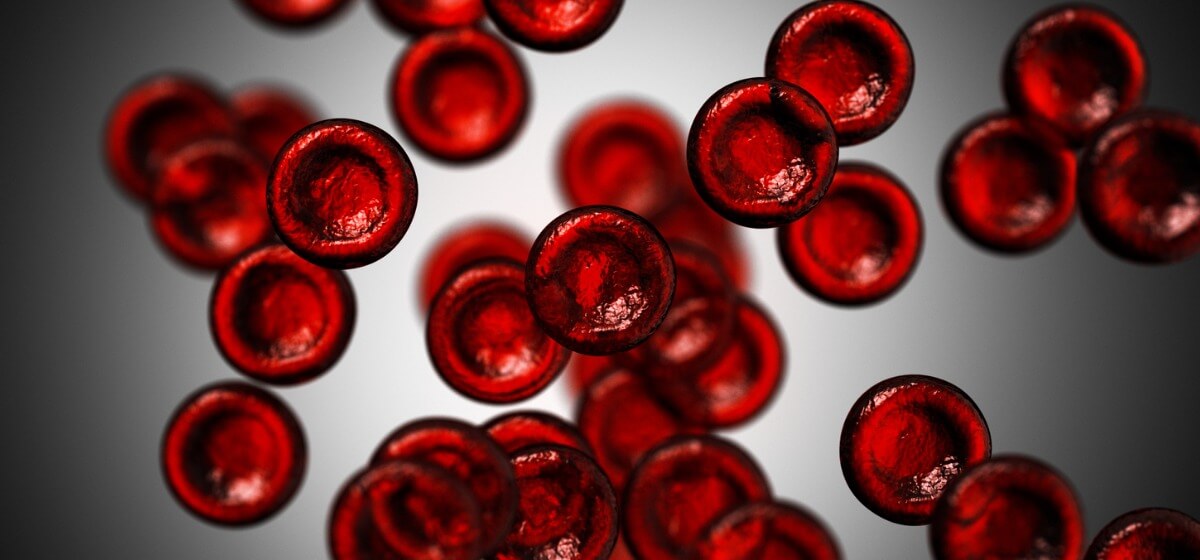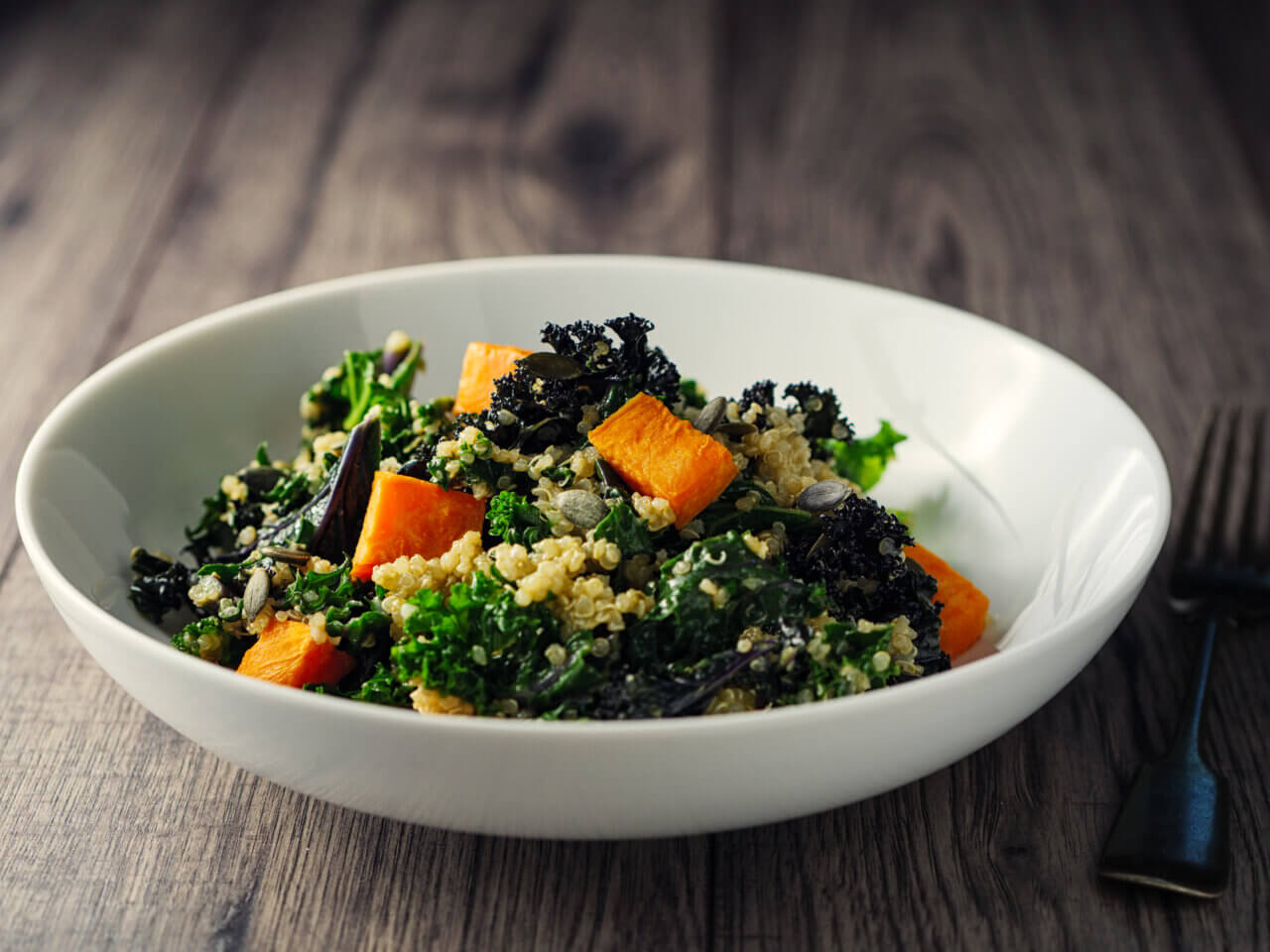Anemia Types, Symptoms and Diet

Anemia is a condition resulting from low and/or dysfunctional red blood cells. Within our red blood cells, hemoglobin is an iron-rich protein responsible for taking oxygen from the lungs to tissues throughout the body. When there is a low count of red blood cells and the body’s tissues fail to get needed oxygen, it results in anemia.
Types of Anemia
The two most common types are iron deficiency anemia and vitamin deficiency anemia. Other types of anemia include anemia of chronic disease, aplastic anemia, anemias associated with bone marrow disease, hemolytic anemia and sickle cell anemia.
Iron Deficiency Anemia
In a case of iron deficiency anemia, the body lacks iron needed to make hemoglobin and support red blood cell growth. This type of anemia is common among pregnant women or after heavy blood loss. Reducing iron deficiency and the associated anemia is often accomplished with use of over the counter iron supplements.
Vitamin Deficiency Anemia
Vitamin deficiency anemia results from a lack of folate and B-12, nutrients essential to red blood cell production. For mild cases, treatment can be as simple as a change in diet. Even when consuming enough B-12 through regular diet, the body sometimes isn’t capable of processing the vitamin. In these cases, common treatments include dietary supplements and injections.
Symptoms of Anemia
Symptoms of anemia will vary depending on the underlying cause and type. However here are some common symptoms you can look out for:
- Weakness
- Fatigue
- Shortness of breath
- Dizziness
- Fast or irregular heartbeat
- Pounding or “whooshing” in your ears
- Headache
- Cold hands or feet
- Pale or yellow skin
- Chest pain
Healthy Diet for Anemia
While many cases of anemia cannot be prevented, a wise approach is maintaining a diet rich in vitamins and nutrients. Here are a few examples of foods that provide the following nutrients:
- Iron – dark leafy greens, red meat, lentils, iron fortified cream, and dried fruit
- Folate – fruits, fruit juices, dark leafy greens, bread, pasta, and rice
- B-12 – meat, dairy and soy
- Vitamin C – fruits, broccoli, melons, and tomatoes
Continuing any healthy diet, full of vitamins and minerals, can be difficult for many of us. Depending on your lifestyle, you may find it productive to consult your doctor or other healthcare provider about multivitamins and other supplements as preventative measures to ensure the body is getting what it needs.
Untreated anemia will most likely worsen over time, causing increasing severe fatigue, pregnancy complications, heart problems and, in extreme cases, death. Anyone experiencing symptoms similar to those associated with anemia should consult their doctor or other provider.



